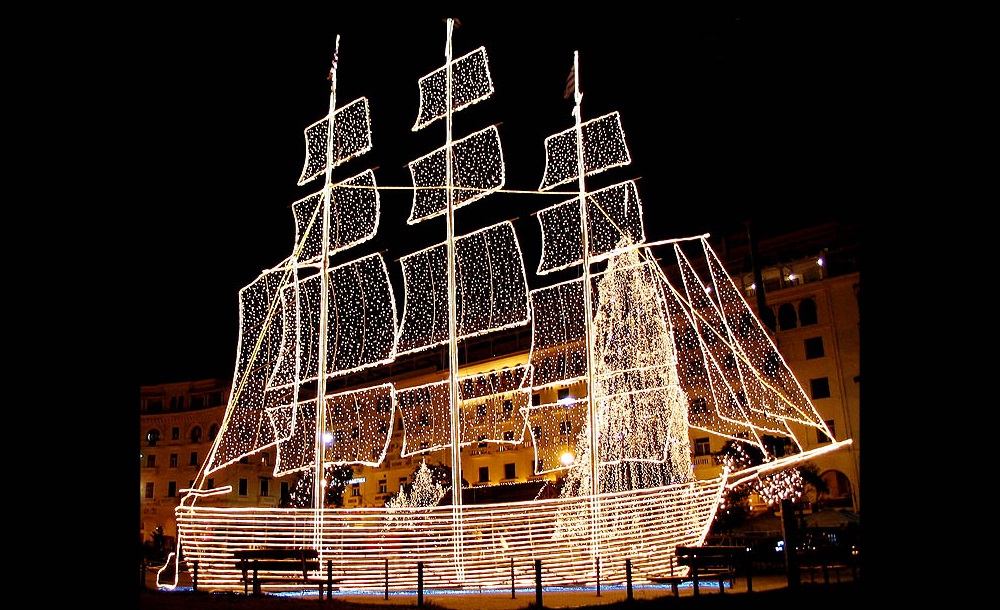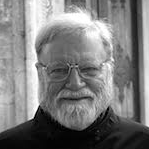
In the Roman Catholic Church and other Christian churches of the West, the several weeks prior to Christmas are known as Advent, a name from a Latin word meaning “coming.” It happens that the beginning of Advent always falls on the Sunday closest to November 30, the ancient feast day (in both East and West) of the Apostle Andrew. Among Christians in the West, this preparatory season, which tends to be slightly less rigorous than Lent and often involves no special fasting at all, always begins on the fourth Sunday before Christmas. Thus, from year to year it will vary in length between 3 and 4 weeks, but always with four Sundays.
The observance of the season of Advent is fairly late. One finds no sermons for Advent, for instance, among the liturgical homilies of St. Leo the Great in the mid-fifth century. About that time, however, the season was already was already emerging in Spain and Gaul. A thousand years later, the time of the Reformation, Advent was preserved among the liturgical customs of the Anglicans and Lutherans; in more recent years, other Protestant groups have informally begun to restore it, pretty much as it had originally started—one congregation at a time.
In the Eastern Orthodox Church, the corresponding penitential season of preparation for Christmas always begins on November 15, the day after the Feast of the Apostle Philip. For this reason it is popularly known as St. Philip’s Fast. A simple count of the days between November 15 and December 25 shows that this special period lasts exactly 40 days, the same as Lent.
More recently Christians of the Orthodox Church have begun to call this season by its Latin name, “Advent.” One now finds the term standard in publications of the Antiochian Archdiocese, for instance. The adoption of the word “Advent” by Eastern Orthodox Christians is inspired by the same reason that prompted the adoption of other Latin theological terms, such “Sacraments,” “Incarnation,” and “Trinity.” Very simply, these are the recognizable theological terms that have passed into Western languages. They also happen to be theologically accurate! If the Christian West can adopt Greek terms like “Christology,” it seems only fair for the Christian East to adopt Latin terms like “Incarnation.”
(On the other hand, one finds some Orthodox Christians, especially among recent, hyperactive converts from Western churches, who resist the adoption of the word “Advent,” preferring to speak of “Winter Lent” or some such anomaly. One is hard pressed to explain this eccentric, lamentable preference for Anglo-Saxon over Latin on a point of theology.)
Several other features of Advent deserve some comment:
- First, in the West the First Sunday of Advent is treated as the beginning of the liturgical year. (In the East, the liturgical year does not begin with Advent but on September 1, which bears the traditional title, “Crown of the Year.” Its historical relationship to the Jewish feast of Rosh Hashana is obvious.)
- Second, during the twentieth century there arose the lovely custom of the Advent wreath, both in church buildings and in homes. This wreath lies horizontal and is adorned with four candles. The latter, symbolic of the four millennia covered in Old Testament history, are lit, one at a time, on each Saturday evening preceding the four Sundays of Advent, by way of marking the stages in the season until Christmas. This modern practice has already started in some Orthodox Christian homes, where the longer season requires six candles on the Advent wreath.
- Third, because of its emphasis on repentance, Advent is a season of great seriousness, not a time proper for festivity, much less of partying and secular concerns. Advent is not part of the Christmas holidays, and Christians of earlier times would be shocked at the current habit of treating this as a period of jolly good times and “Christmas cheer,” complete with office parties, the trimming of Christmas trees and other domestic adornments, the exchange of gifts, caroling, and even the singing of Christmas music in church.
All of these festive things are part of the celebration of Christmas itself, which lasts the 12 days from December 25 to January 6.
The seasons of the liturgical year involve more than liturgical services. The liturgical seasons is supposed to govern the lives of those who observe them. For this reason, anticipating these properly Christmas activities during Advent considerably lessens the chance of our being properly prepared, by repentance, for the grace of that greater season; it also heightens the likelihood that we will fall prey to the worldly spirit that the commercial world would encourage during this time.

About the Author

- Fr. Patrick Henry Reardon is pastor of All Saints Antiochian Orthodox Church in Chicago, Illinois, and a Senior Editor of Touchstone: A Journal of Mere Christianity.
- January 8, 2021ArticlesPsalm Eight and the Mystery of the Incarnation
- May 29, 2018ArticlesPastoral Ponderings: The Analogy of Freedom
- December 12, 2017ArticlesThe Origins of Advent